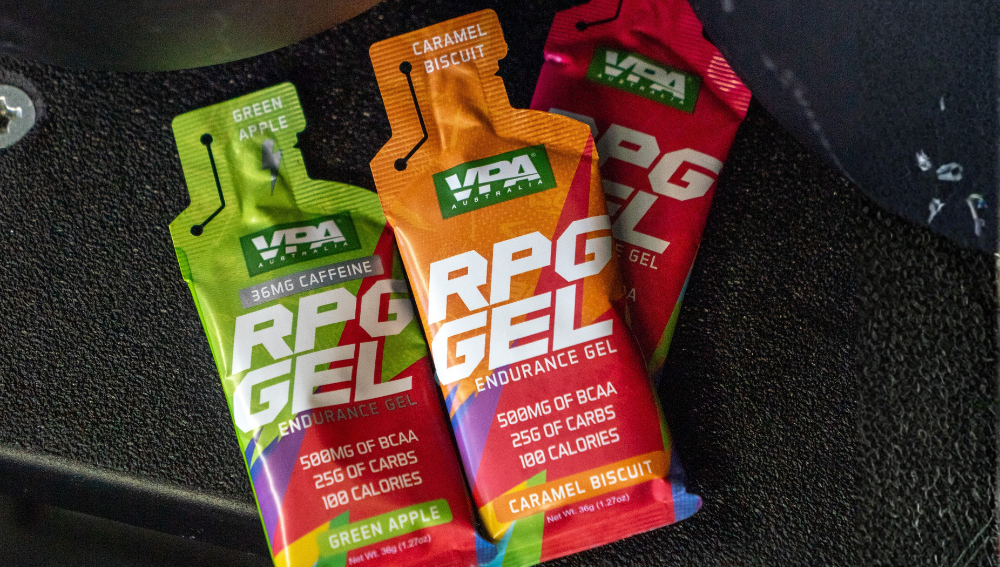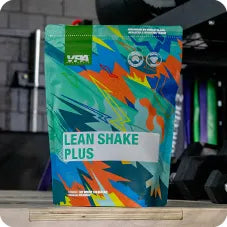Your Cart is Empty
Electrolytes: How Much Do You Really Need?
April 20, 2022 3 min read

Electrolytes are an essential part of human health. They control the fluid balance inside and outside your cells. They're involved in muscle contraction and nerve conduction, heart activity, and the absorption of nutrients into cells. You need them to function. So, how much should you consume per day?
Electrolytes And Hydration
Let's talk electrolytes. And hydration.
Electrolytes are minerals that are involved in many essential functions, such as muscle contraction and nerve transmission. They affect the amount of fluid that is retained by the body and impact a variety of biochemical reactions. Electrolytes include sodium (Na+), potassium (K+), calcium (Ca2+), magnesium (Mg2+) and chloride (Cl-).
Electrolytes are lost through sweat and urine. If you exercise in the heat for an hour or more, it's important to replenish these lost electrolytes, even if you don't feel thirsty. A mixture of water and salt tablets will help maintain optimal blood sodium levels during exercise, thereby improving performance and preventing muscle cramping or weakness.
Water should be your main drink during exercise, but sometimes you need to replace more than just water. Sports drinks that contain electrolytes can be helpful, especially when exercising and working out.
Why Do We Need Electrolytes?
As mentioned, the main function of electrolytes is to maintain the proper balance of fluids in your body. Balance is essential in your nerves and muscles. Your nerves rely on electrolytes to transmit messages throughout your body, while your muscles use electrolytes to contract (like when you lift weights). Without the right balance, your cells can't work properly.
When you don't have enough electrolytes in your system, it can cause some serious problems, including:
- Muscle spasms
- Irregular heartbeat
- Seizures
- In some cases, an electrolyte imbalance can even be fatal.
How Much Water Should I Drink?
How much water do you really need? You may have heard the eight-glasses-of-water-a-day rule, but that's not backed by science. There's no hard and fast rule for how much water a person should drink. But what is for sure is that not drinking enough can lead to dehydration.
The amount of water that someone should drink truly depends on your body and your activity, but most adults should drink 2.5 to 3 litres of water per day. If you're still worried about dehydration, you can always follow the eight glasses or 2.5 to 3 litres rule.
Electrolytes For Exercise And Workouts
All the electrolytes are essential, but some are more important than others to prevent exercise-induced hyponatremia.
Sodium is the most important for preventing exercise-induced hyponatremia or low blood sodium. Sodium is the most important electrolyte to supplement during exercise because sodium is the electrolyte that gets lost in the highest amounts in sweat and urine. A person can have sweat loss that reaches 10–12 litres per day. This is a lot! And this amount of sodium loss can negatively affect our health and performance if we don't replace it.
The second most important electrolyte to replace during exercise is potassium. The reason potassium is second on our list of important electrolytes for exercise is that it gets lost in high amounts in sweat and urine. And because potassium also plays an important role in muscle contractions and blood pressure regulation, this makes it a vital electrolyte to replace during exercise.
Hydration is important for good health, especially during intense exercise. The right amount of fluids can help you avoid fatigue, headaches, and cramps. Whether you are exercising or not, hydration is just as important—most human bodies are nearly 60% water! Don't be afraid to ask your doctor if you have any questions about how much water you should drink each day.
Also in Featured

Creatine Capsules vs Powder — Which Is Better for Strength and Performance?
November 06, 2025 6 min read
Read More
Running Gels Explained — What They Are, How They Work, and When to Use Them
November 06, 2025 10 min read
Read More
Why Energy Gels Are a Game-Changer for HYROX Athletes and Functional Fitness Training
October 15, 2025 6 min read
Read More Recent Articles
- Creatine Capsules vs Powder — Which Is Better for Strength and Performance?
- Running Gels Explained — What They Are, How They Work, and When to Use Them
- Why Energy Gels Are a Game-Changer for HYROX Athletes and Functional Fitness Training
- Body Type Diet: How to Eat for Your Ectomorph, Mesomorph or Endomorph Build
- The Best Way to Take Creatine for Maximum Results (2025 Guide)
- Creatine Gummies Scam? What You Need to Know vs Powder
- 10 Proven Whey Protein Benefits (and Why WPI Might Be the Best Option)
- Third-Party Tested Supplements in Australia: Why It Matters More Than Ever
- 7 Best Protein Powders for Weight Loss in Australia (Updated 2025)
- Prebiotic Collagen Protein for Gut Health and Weight Loss: What You Should Know
${{amount}}













